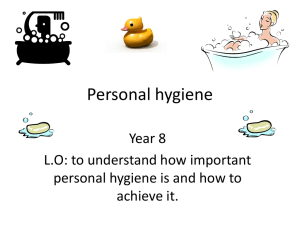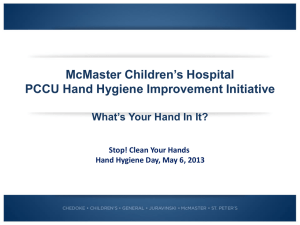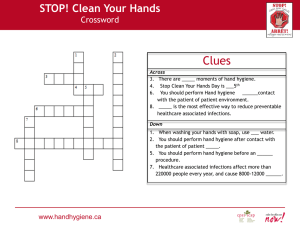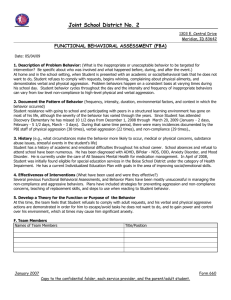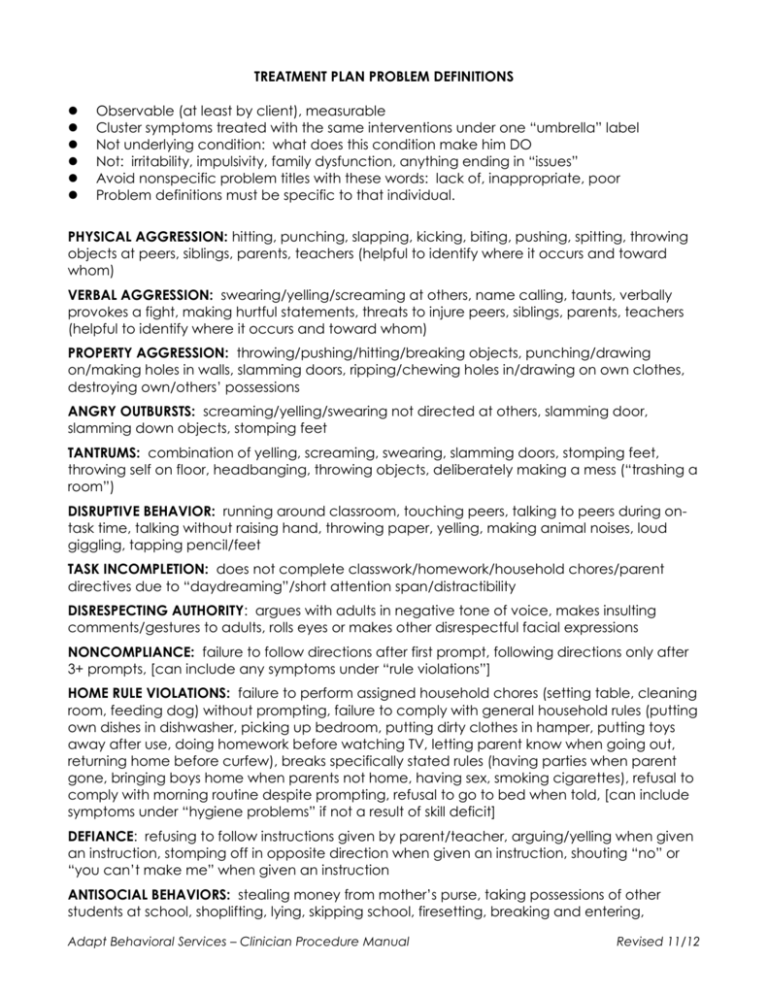
TREATMENT PLAN PROBLEM DEFINITIONS
Observable (at least by client), measurable
Cluster symptoms treated with the same interventions under one “umbrella” label
Not underlying condition: what does this condition make him DO
Not: irritability, impulsivity, family dysfunction, anything ending in “issues”
Avoid nonspecific problem titles with these words: lack of, inappropriate, poor
Problem definitions must be specific to that individual.
PHYSICAL AGGRESSION: hitting, punching, slapping, kicking, biting, pushing, spitting, throwing
objects at peers, siblings, parents, teachers (helpful to identify where it occurs and toward
whom)
VERBAL AGGRESSION: swearing/yelling/screaming at others, name calling, taunts, verbally
provokes a fight, making hurtful statements, threats to injure peers, siblings, parents, teachers
(helpful to identify where it occurs and toward whom)
PROPERTY AGGRESSION: throwing/pushing/hitting/breaking objects, punching/drawing
on/making holes in walls, slamming doors, ripping/chewing holes in/drawing on own clothes,
destroying own/others’ possessions
ANGRY OUTBURSTS: screaming/yelling/swearing not directed at others, slamming door,
slamming down objects, stomping feet
TANTRUMS: combination of yelling, screaming, swearing, slamming doors, stomping feet,
throwing self on floor, headbanging, throwing objects, deliberately making a mess (“trashing a
room”)
DISRUPTIVE BEHAVIOR: running around classroom, touching peers, talking to peers during ontask time, talking without raising hand, throwing paper, yelling, making animal noises, loud
giggling, tapping pencil/feet
TASK INCOMPLETION: does not complete classwork/homework/household chores/parent
directives due to “daydreaming”/short attention span/distractibility
DISRESPECTING AUTHORITY: argues with adults in negative tone of voice, makes insulting
comments/gestures to adults, rolls eyes or makes other disrespectful facial expressions
NONCOMPLIANCE: failure to follow directions after first prompt, following directions only after
3+ prompts, [can include any symptoms under “rule violations”]
HOME RULE VIOLATIONS: failure to perform assigned household chores (setting table, cleaning
room, feeding dog) without prompting, failure to comply with general household rules (putting
own dishes in dishwasher, picking up bedroom, putting dirty clothes in hamper, putting toys
away after use, doing homework before watching TV, letting parent know when going out,
returning home before curfew), breaks specifically stated rules (having parties when parent
gone, bringing boys home when parents not home, having sex, smoking cigarettes), refusal to
comply with morning routine despite prompting, refusal to go to bed when told, [can include
symptoms under “hygiene problems” if not a result of skill deficit]
DEFIANCE: refusing to follow instructions given by parent/teacher, arguing/yelling when given
an instruction, stomping off in opposite direction when given an instruction, shouting “no” or
“you can’t make me” when given an instruction
ANTISOCIAL BEHAVIORS: stealing money from mother’s purse, taking possessions of other
students at school, shoplifting, lying, skipping school, firesetting, breaking and entering,
Adapt Behavioral Services – Clinician Procedure Manual
Revised 11/12
defacing school property, hanging out with known gang members, curfew violations,
probation violations (list specific violations), [can include some property aggression, physical
aggression, verbal aggression, substance abuse, or running away symptoms]
RUNNING AWAY/ELOPEMENT: leaving home for >2 hours without notifying parent, being gone
overnight without parental permission
SUBSTANCE ABUSE: smoking cigarettes, drinking alcohol, taking illegal drugs, sniffing
glue/gasoline/other legal substances to get “high,” taking someone elses’s prescription
medication
ANXIETY SYMPTOMS: reports feeling anxious (can use Manifest Anxiety Scale or other
standardized anxiety inventory to measure OR use Likert rating for daily anxiety rating), reports
being afraid to go to bed/speak with new people, recurrent thoughts of bad things
happening to mother, appears anxious (figity, darting eyes, shallow breathing), picks skin,
takes 1+ hours to fall asleep, has nightmares, has panic attacks when going to crowded
places (can use Manifest Anxiety Scale or other standardized anxiety inventory to measure OR
use Likert rating for daily anxiety rating)
DEPRESSIVE SYMPTOMS: reports feeling sad (can use Beck Depression Inventory, CDI,
Hopelessness Scale, or other standardized depression inventory to measure OR use Likert rating
for daily mood rating), displays depressed affect, eats too much/too little, sleeps <6 hours per
night/>10 hours per day, isolates self in room for >2 hours per day, does not engage in
previously enjoyed activities, threats to hurt self, reports thoughts about suicide, draws pictures
of self being dead, writes notes about wanting to kill self
HIGH RISK BEHAVIORS: running into streets, running away from parents in public places (for
small children or developmentally delayed), climbing tall furniture/objects, jumping off of tall
furniture/trees, [can include “running away/elopement” symptoms]
SELF INJURY: hits head on floor, slaps face repeatedly, picks nose/scabs until they bleed,
scratches, superficial cuts on arms/thighs, carves words into arm, broke window with own
hand, punching walls
TRAUMA SYMPTOMS: nightmares about the trauma, tantrums/appears anxious/refusal when
exposed to trauma stimuli (men, hairbrush, bathtub), refusal to discuss trauma, denial that
trauma occurred, [any of the symptoms listed under “sexual acting out”]
SEXUAL ACTING OUT: exposing own private areas to others, masturbation in front of others,
unwelcome touching peers’ private areas, making sexual comments, verbal/gestural soliciting
sexual activity with unwilling partner, unwanted sexual activity through physical force or
intimidation
PSYCHOTIC SYMPTOMS: auditory/visual hallucinations, delusions (list specific delusions), loose
associations, paranoid statements, “word salad”
TOILETING PROBLEMS: daytime urination “accidents,” urinates during sleep, defecates in
underwear, refuses to go in toilet/insists on putting on diaper to urinate/defecate, hides dirty
underwear after “accidents,”
HYGIENE PROBLEMS: failure to perform daily hygiene tasks (bathing, toothbrushing, combing
hair, changing clothes, changing tampon/pad) without constant supervision and prompting,
refusal to perform daily hygiene tasks after first prompt, requires 3+ prompts to complete daily
hygiene tasks, requires physical prompting/manual guidance to perform daily hygiene tasks
Adapt Behavioral Services – Clinician Procedure Manual
Revised 11/12


